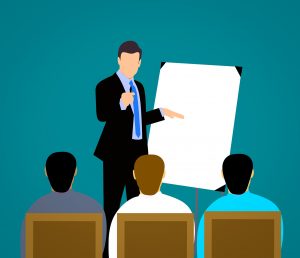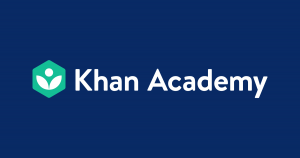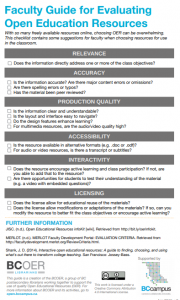To determine the differences between online educational content and openly licensed educational content, it is important to give clear, common-language definitions to them. From my opinions, online educational content is a very broad concept. Online educational content stands for online learning materials that are free access to learners and are not under any restricted copyright license. For instance, Wikipedia is a very typical online educational content. Wikipedia is free for everyone. In contrast, openly licensed educational contents are under strict copyright policies. Although learners can also access to openly licensed educational contents, learners are not allowed commercial use or derivative works from the materials, they have to cite the contents if they use them. For instance, my organizational psychology professor Dr. J. Gibson, he writes his own textbooks. His textbooks are openly licensed, but we are not allowed to use it commercially and we have to cite his works when we are promoting his ideas.

There is an open educational resource called the Khan Academy. It is my favorite online learning resource. Khan Academy provides free video lectures. Khan Academy teaches contents from as early as kindergarten (such as counting, addiction, subtraction) to university (such as calculus, hypothesis testing). The instructor presents concepts and procedures clearly, so that it is easy for learners to understand. I am never good at math, but I passed my statistic courses by watching Khan Academy lectures as my out-of-class tutorials.

Here is an example of a lecture from the Khan Academy. It is a lecture about Pythagorean theorem. The instructor clearly illustrates in what conditions we can use Pythagorean Theorem and its formula. My younger brother and sister are currently learning the Pythagorean Theorem, but they needed extra help outside of class. They do not live in Victoria. I cannot tutor them face-to-face. I sent them this online lecture, and they found it is very helpful!
There is a clear evaluation of online learning content on the OER Africa website. The evaluation convers all the aspects of when learners are using online learning contents. From the very basic evaluation indexes such as “is the information understandable”, “is the layout interfaces easy to navigate”, and to advanced evaluation indexes such as are learners allowed to modify the contents. This evaluation chart provides learners a good evaluation standard when learners are using online educational contents.

(Picture from OER Africa https://www.oerafrica.org/book/how-evaluate-open-content)
There are many practical applications of online educational resources. In China, my younger brother and sister are not allowed to go to school currently because of the Coronavirus. Therefore, their teachers look for online educational resources for my brother and sister, so that they can study at home. Online educational resources can help those people who do not have time to attend full-time classes to study in their leisure time. For example, housewife, full-time workers. For students, online educational resources are helpful. When I need extra help outside of lectures, it is convenient to look for tutorials online.
